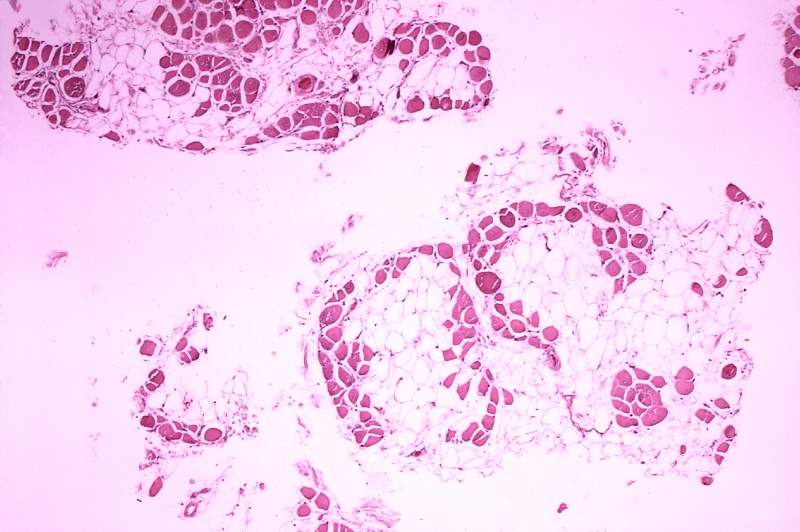
Pfizer has decided to abort two of its ongoing clinical trials evaluating domagrozumab (PF-06252616) for the treatment of Duchenne muscular dystrophy (DMD).
The pharma giant said it decided to terminate the Phase 2 safety and efficacy study (B5161002) and open-label extension study (B5161004) as both the trials produced unsatisfactory results.

Discover B2B Marketing That Performs
Combine business intelligence and editorial excellence to reach engaged professionals across 36 leading media platforms.
The Phase ll trial is a double-blind, placebo-controlled, multicentre clinical study that enrolled 121 boys aged six to 15 with DMD, regardless of underlying mutation.
During the two-year long trial, the patients received monthly tntravenous (IV) doses of domagrozumab, as well as used background corticosteroid therapy. The trial design includes a primary analysis phase after one year of beginning the study.
The trial failed to meet its primary efficacy endpoint of demonstrating a difference in the mean change from baseline in 4 Stair Climb (in seconds) following one year of treatment with domagrozumab against placebo in the enrolled patients.
Pfizer also noted that further analysis of the trial’s totality of evidence, including secondary endpoints, did not support a significant treatment effect.

US Tariffs are shifting - will you react or anticipate?
Don’t let policy changes catch you off guard. Stay proactive with real-time data and expert analysis.
By GlobalDataThe data is based on a review of inputs available at the time of the trial’s primary analysis, which examined all the subjects after one year of treatment, as well as the subjects who were in the trial for more than one year.
The open-label extension trial is evaluating long-term safety and efficacy of domagrozumab to treat DMD.
Pfizer noted that the trials were terminated due to safety reasons.
The company added that it will continue to review the data from the trials to better understand any insights they may provide.
Pfizer Rare Disease Research Unit senior vice-president and chief scientific officer Seng Cheng said: “We are disappointed by these results and while we are not progressing with the studies, the data will contribute to a greater understanding of this disease and we will evaluate the total data set to see if there is a place for this medicine in muscular diseases.”
In addition, Pfizer is currently conducting a clinical trial in DMD with a gene therapy called PF-06939926.





